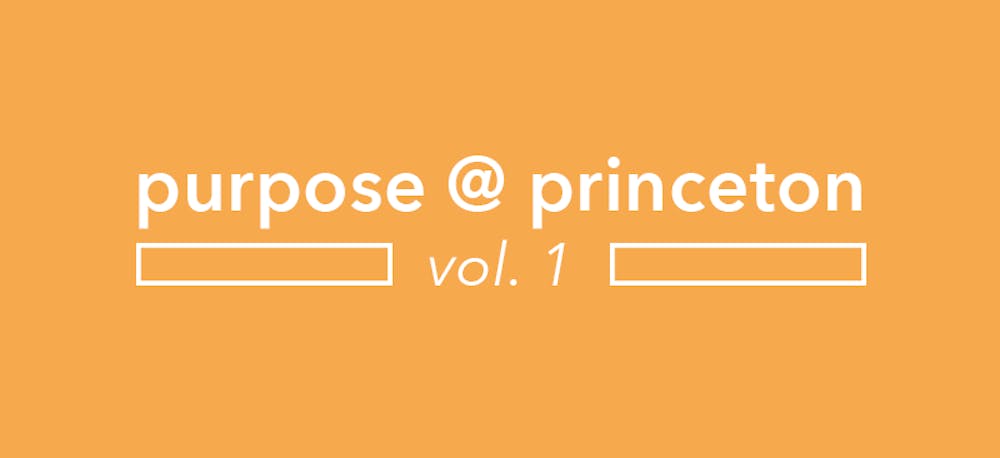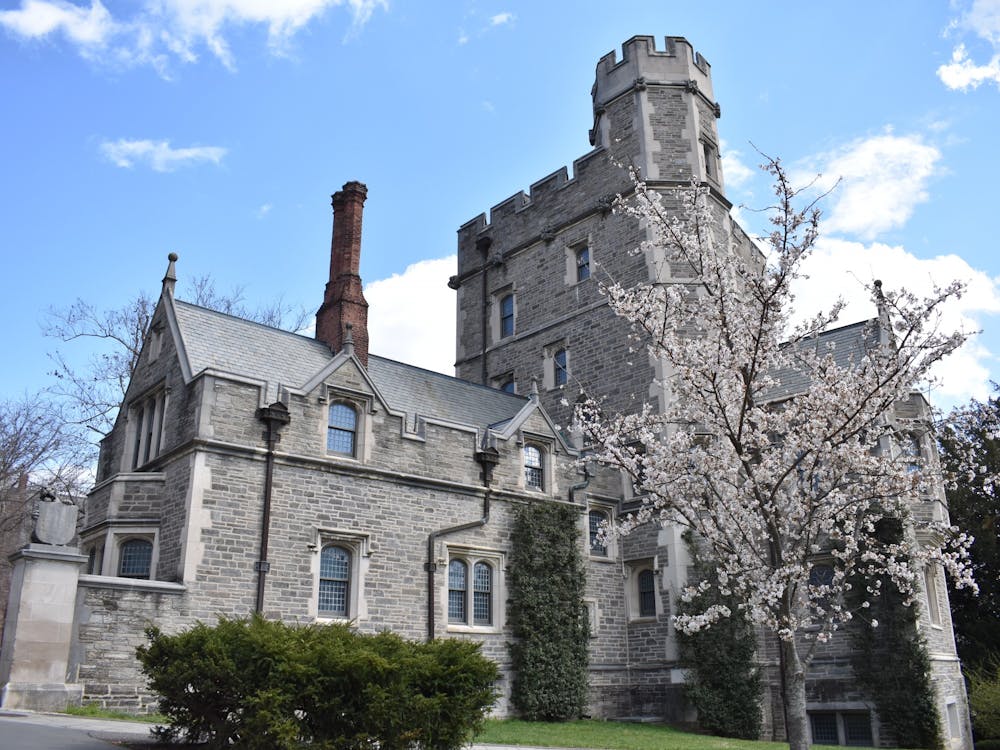The interviewee requested to keep his name unknown but shared that he is a first-year and prospective COS major.
The Prospect (TP): Would you say you live a purpose-driven life?
Anonymous (A): I think I'd say I currently do not live a purpose-driven life, but one of my major goals for college and for my personal development is to find something that drives me, to discover a genuine purpose. I think I can tell I am not [living a] purpose-driven life now because when I wake up in the morning, there is not one particular thing that I feel compelled to do.
I often feel that I live through my days here in a very reactionary way. I just respond to the events that come to me. For example, I don't necessarily seek out things that are related to a particular purpose. I recognize that I'm not purpose-driven now, and I'm trying very hard to change and find something that really ignites me and my drive, but I think it's a very tough journey to do that.
TP: Tell me about what stirs you.
A: I think there's a particular class of people who are driven by causes or humanitarian efforts. But people, especially of my upper-middle-class and upper-class background — regular guys out here majoring in computer science or economics or whatever — there is a huge portion of people who are simply there. So, when the question is “what ignites me,” it's not something passion driven. To me, what drove me here to Princeton was this very vain attempt to prove myself against everybody else, prove superiority over people, prove that I am something special, I’m not mediocre. I started thinking about this sophomore or junior year [of high school] when I was feeling incredibly burnt out from the college admissions cycle. It was incredibly competitive where I'm from — extremely dog-eat-dog, people doing incredibly fake things and getting into top universities. I got really into that, and I am still into it. The result from that is that I realized a lot of these things aren't passion driven but are a product of a simple sense of vanity. For me, that's how I justified it.
When I ask myself why I do these things, why I accept the way things are, it's because I would like to feel like I'm not mediocre, I would like to feel there's something special about me as a human being. And perhaps there's not. But I think I can artificially create an idea of that through my actions. If you are a person of import, if you achieve such-and-such, you can say that you’re interesting, even though there may not be something fundamentally interesting about you.
TP: Would it be fair to say that a major drive of yours is to be interesting, to set yourself apart from others?
A: Yeah, one of my major purposes is to be different. It's a little bit [difficult] to reconcile that with reality, especially here at Princeton. Something really interesting I saw earlier this year: I had a rough first semester and was struggling with whether I should do this, this, or that. I stumbled upon a Quora post asking why a lot of the Fortune 500 CEOs were not from Ivy League schools. And someone posted saying that going to an Ivy League school is fundamentally a risk-averse move. Many people think they come into college thinking that “this is my pathway to glory.” They think that if they come here, they’re going to take advantage of so many opportunities, but when they get here, they realize that's not necessarily what Princeton is. Princeton is a way to fast-track your way to the upper-middle class and upper class with relatively low risk, and many of the career choices that Princeton students make reflect that.
Why do people do banking? It's one of the easiest ways for someone who's not particularly special to become upper class. Even when you come to a university like this that tells you we produce people who change the world, it's incredibly easy to come here and fall into what everybody else is doing. The very fact that I am here shows that I am risk-averse.
If I really had a passion and really knew I could change the world, I wouldn't be here. I wouldn't be sitting here and going to classes and stuff like that; I would be doing something. A lot of the people who end up making it or end up having an impact on the world, perhaps they're here, realize very quickly that they have a better idea, they have better places to be, and that's the higher calling. And that's probably not me.
Editor’s Note: The opinions expressed in this article are those of the anonymous interviewee and do not necessarily reflect the views of the ‘Prince.’

purpose @ princeton is a series that seeks to provoke introspection through interviews with Princeton community members exploring what they view as their purpose in life.








